How to Take a Hit: On Embracing Critique.
The best thing I ever heard about conferring is that when the conference is over, the kid should feel excited to get to work, like they can take on the world. Lucy Calkins and Carl Anderson taught me that, and it's a lesson I have taken to heart.Of course, it's not that easy. Instead, I sometimes look into my students' eyes after a conference and I see something else. A shrug of the shoulders, or worse, a sagging. Confusion in their eyes. A vibe that says they feel just a bit badly about themselves as readers or writers, not better.This kills me. And I work to prevent it. I compliment, I work on my wording, I show them my own flawed work. I channel my years in theater to be sure that my energy going into the conference is positive and loving and cheerful. And yet still, that downward cast of the eyes. The shuffle back to their seat.Recently it occurred to me that maybe it's because I haven't taught them to take tough feedback that my kids are having a tough time hearing critique as anything but negative. Maybe I haven't refined our ability to give and take critique. More specifically, maybe my students do not know how to take criticism, which means any bit of of it feels like an insult, a judgement.After all, it is really hard to take critique. We are not very good at it, as, like, a species right now. Take a look at the comments under any political article, or any entertainment piece, heck pretty much anything written on the internet, and you will find people just unleashing upon each other at the very hint of a critique on their sensibilities, tastes or opinions. We in education are not immune to this knee jerk "you'd better not be telling me what to do" mindset. Recently Donalyn Miller, one of my reading heroes and all around favorite people, was forced to disable comments on her blog for a spell after she posted some misgivings she has about certain kinds of assignments in certain situations. Some fellow educators could not take the critique she was offering and fought back with vitriol and insults.Why do we get so upset when people critique us? Why do our kids lose energy when offered help to make their work better? I would argue that it is partly because we have not learned - and have not taught - how to take a hit.Like on my first day of first grade, when a boy named Matthew walked right up to me, and for some reason (because I was new to the area, because I looked like a boy) punched me right in the gut. All the wind was knocked out of me, and the pain was extreme. And I cried. A lot. From the pain of the punch, but also from the pain in my heart. I wasn't ready. I had no tools to handle the assault. It felt out of nowhere.We are living in the Age of Feedback. Whether it be teacher evaluations or the research that shows us how important response is for student growth, it is tough to get through a week in school without everyone critiquing everything else. Admin critiques teachers, teachers critique students and students critique each other and themselves (and secretly, all of us). And I believe this can be a force for good. As long as that critique does not feel like a punch to the gut. As long as we have the tools to handle it. As long as we are able to hear feedback without getting defensive, insulted, or furious.Maybe it would help if we taught our students - and reminded ourselves - what it means to give and take critique:
All the wind was knocked out of me, and the pain was extreme. And I cried. A lot. From the pain of the punch, but also from the pain in my heart. I wasn't ready. I had no tools to handle the assault. It felt out of nowhere.We are living in the Age of Feedback. Whether it be teacher evaluations or the research that shows us how important response is for student growth, it is tough to get through a week in school without everyone critiquing everything else. Admin critiques teachers, teachers critique students and students critique each other and themselves (and secretly, all of us). And I believe this can be a force for good. As long as that critique does not feel like a punch to the gut. As long as we have the tools to handle it. As long as we are able to hear feedback without getting defensive, insulted, or furious.Maybe it would help if we taught our students - and reminded ourselves - what it means to give and take critique:
How to Give Critique
Ask Questions.Giving feedback doesn't just mean dumping what we think on our students and then walking away. Listening and questioning is just as important as talking. From the very start you can ask your students for permission to give them feedback. My favorite line in a conference these days is, "Do you mind if I push you a little?" By asking permission to critique, as David Rock suggests in his book Quiet Leadership, (thanks to Brooke Geller), you allow your student to open their minds to what you are about to say, and you allow them the freedom to say that this is not a good time.Asking questions also involves trying to get at the root of things. Asking students what they were going for in a piece of writing, or asking them to say a little more about that thought they had about their book, allows you to see the whole picture, and not just the sliver that is available on a piece of paper or a post it note. There are many questions that can help you to get to the bottom of something. Here are a few.
Do you mind if I push your thinking/work?Tell me a little about what you are trying to do.Why did you choose ______?What are you hoping for with this (work)?What do you think could go better?What are you most proud of here?
Be Specific, but with a Sense of the UniversalHave you ever had someone come into your classroom, watch a whole lesson, and then comment on one bulletin board in the back corner of your room, hidden by bookshelves, that was not adequately decorated? Conversely, have you ever gotten feedback on your teaching that felt so broad as to be unusable, like "you should work on engaging students" ? Helpful critique is both specific AND general. It helps you create a category for the work you need to do while giving specific places to work, or specific ideas to try. Helpful critique says "Hey you could think a bit more about how you are engaging your students, like at the start of your lessons, you could try out a little more storytelling, a little more of your personality. Let me show you." When giving critique, see if what you have to say could fit into one of these two templates:
You could work on _______ by _________ .orYou could work on _______ when you ________.
How to Take Critique
When you Get Defensive, Listen Harder.It's so easy to take offensive to criticism or feedback. I, for one, somehow feel devastated if I am not perfect 100% of the time, and am terribly offended if anyone notices my lack of perfection. But I have to get over that if I want to grow. So when I notice myself getting defensive, I know that's the moment that I need to breath and focus on what is true in what the person is saying. That is tough, because my mind amplifies criticism so that someone saying, "hey you might want to write down those instructions next time" sounds like "You are a horrible educator and a sham and you should quit." So when I see myself getting tense, angry, defensive or panicked, I Stop, Breathe, and Listen. What is it that is being said to me? What is the heart of what they are saying? Do I agree, even with a little bit of it? By choosing to look for what is true rather than what is wrong, I give myself the opportunity to grow. After all, as Aristotle said:
To avoid criticism say nothing, do nothing, be nothing.
Choose to Be Happy Rather than Right.Sometimes feedback feels so unfair. Like the person giving it missed the best part, or is way off base, or is kind of a jerk. Sometimes, a hole burns in your stomach because you know, just know, that You. Are. Right.There is a time for arguing our points. There is a time to fight for what we believe. But I do not believe that those moments are when we are receiving criticism. When my spouse is brave enough to tell me why she is upset with me, it is not the time to name all of the reasons why she is wrong and I am right. Even if I think I am (see first point above). When we are receiving feedback, our job is to listen, to take what we can. And that means that I have got to let it go if someone gives me feedback that I think is unfair. At least for now.Bonus Tip: Ask Questions.(See above). The same thing is true when getting feedback as when giving it - critique goes best when it is examined and analyzed. Ask what someone means if you aren't sure. Find out what's at the root of their critique if you can't see what they really mean. Many of the same questions as named above will help.Feedback is important, but only in so far as people are listening. Otherwise, our conferences with kids, and our conversations with each other, are in danger of feeling like this:[youtube https://www.youtube.com/watch?v=kn8faeuQjE0&w=420&h=315] ...Not that any of us have ever experienced conversations like this before...:)-Kate and MaggieBig Idea: Feedback Tiny Detail: Ways to give and take critique.

